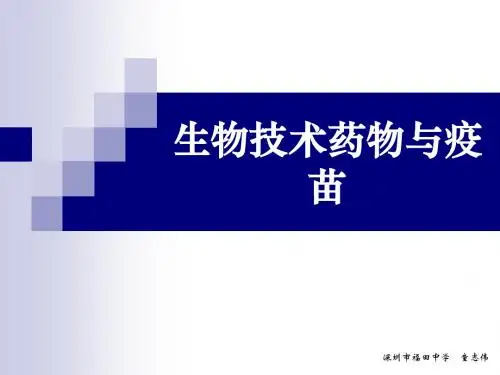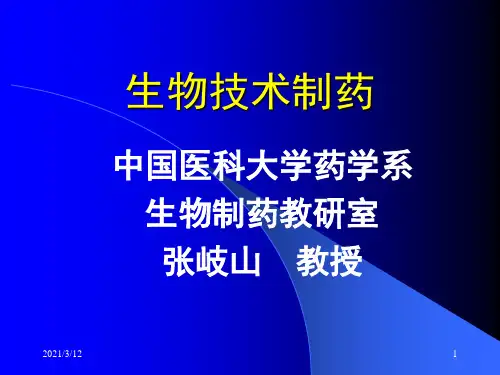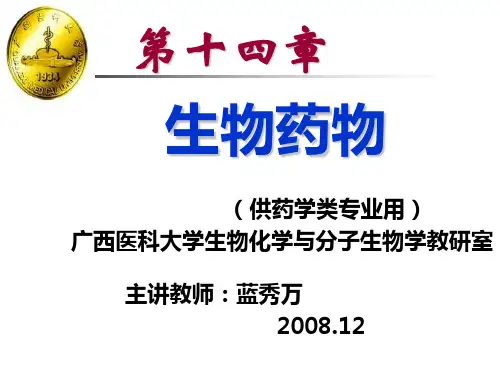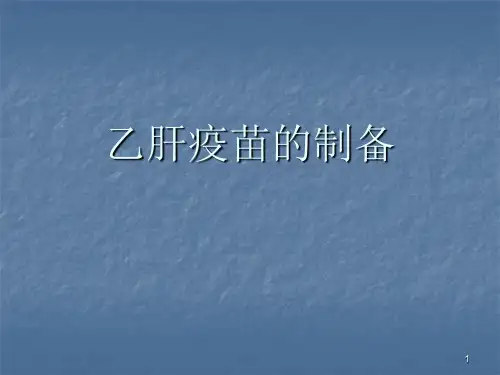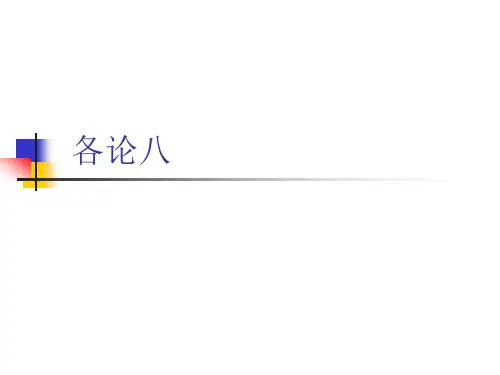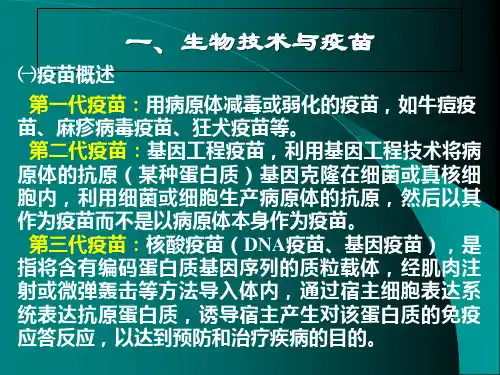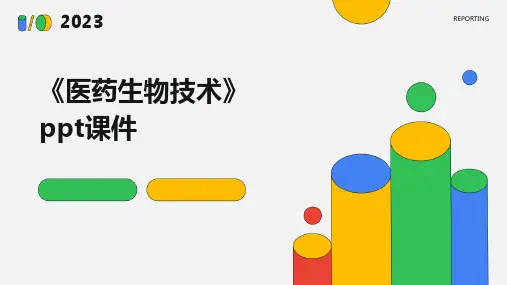抗体(单克隆抗体)
脾脏有上百万B淋巴细胞,具有合成不同的抗体能力。 当机体受抗原刺激时,抗原分子上的许多决定簇分别 激活各个具有不同基因的B细胞。被激活的B细胞分裂 增殖形成效应B细胞(浆细胞)和记忆B细胞,大量的 浆细胞克隆合成和分泌大量的抗体分子分布到血液、 体液中。如果能选出一个制造一种专一抗体的浆细胞 进行培养,就可得到由单细胞经分裂增殖而形成细胞 群,即单克隆。单克隆细胞将合成针对一种抗原决定 簇的抗体,称为单克隆抗体。
After obtaining either a media sample of cultured hybridomas or a sample of ascites fluid, the desired antibodies must be extracted. The contaminants in the cell culture sample would consist primarily of media components such as growth factors, hormones, and transferrins. In contrast, the in vivo sample is likely to have host antibodies, proteases, nucleases, nucleic acids, and viruses. In both cases, other secretions by the hybridomas such as cytokines may be present. There may also be bacterial contamination and, as a result, endotoxins that are secreted by the bacteria. Depending on the complexity of the media required in cell culture, and thus the contaminants in question, one method (in vivo or in vitro) may be preferable to the other.
